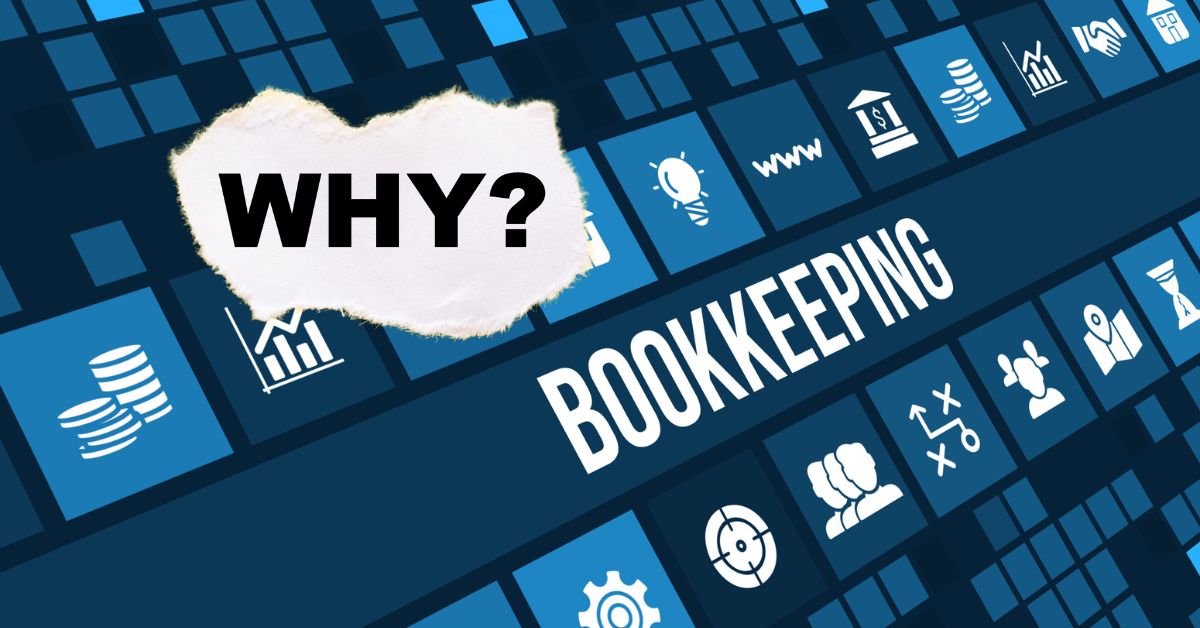If you are a small business owner and feel tied to your community, you may be interested in supporting causes and organizations to help improve it. Many business owners choose to make donations to local or national charities, using some of their revenue to support a cause they feel strongly about.
Supporting a nonprofit organization can be rewarding on its own, but there may also tax incentives for doing so. If you are able to itemize deductions on your personal tax return, making charitable contributions through your S Corp can help reduce your personal income tax liability.
What is the charitable contribution deduction?
The charitable contribution deduction is a tax deduction taxpayers may be eligible to claim when giving money to qualified charities, like public charities or private foundations.
While the donation can be made through an S Corp, the deduction is ultimately claimed on the shareholder’s personal income tax return, assuming the individual itemizes deductions. This deduction can reduce taxable income, potentially lowering the donor’s overall tax liability.
Additionally, the IRS imposes specific rules and limitations regarding the amount of charitable contributions that can be deducted, depending on the donor’s total income and the type of property or cash donated. Taxpayers must itemize their deductions on their personal return to claim the charitable contribution deduction.
What donations are deductible?
In order to qualify as a charitable deduction write-off, your donation must meet specific requirements. The IRS guidelines require that donations must:
- Be paid in cash or property before the close of the tax year
- Be equal to the actual fair market value of non-cash or property donations
- Be made to a qualifying organization, such as:
- A 501(c)(3) tax-exempt organization
- An entity organized and operated exclusively for charitable, religious, educational, scientific or literary purposes or the prevention of cruelty to children or animals
To verify that a charity is a tax-exempt organization, you can use the nonprofit search tool on the IRS website.
How the deduction works for S Corps
When an S Corp donates to a qualifying charitable organization, it’s recorded on the businesses’ books and business tax return, however the deduction is claimed on the owners’ tax returns.
When the S Corp tax return is filed, charitable contributions are shown separately on a line of the owner’s K-1. When the K-1 is included in the owner’s personal tax returns, the charitable contribution will flow through to Schedule A, where itemized deductions are reported.
If the owner is eligible to itemize deductions, the charitable donation deduction will help further reduce the owners’ taxable income, however certain limitations apply.
Under IRS rules, cash contributions made to qualified organizations are deductible up to 60% of the individual’s adjusted gross income (AGI) minus you deduction for all other contributions, but may be further limited to 50%, 30%, or 20% depending on the type of property that you donate and the type of organization to which you give the donation.
For example, an individual is eligible to itemize deductions and has an AGI of $100,000. They are eligible to deduct up to $60,000 in cash donations and $30,000 in property or non-cash donations. The individual made cash donations to various qualified organizations through their S Corp in the amount of $15,000.
The individual is entitled to deduct the entire $15,000 donation because:
- They donated to qualified organizations
- They are eligible to itemize deductions on their personal tax return
- The donations do not exceed the AGI limitation of $60,000
Charitable giving best practices
Being aware of the IRS guidelines can help you make the most of your charitable giving. Follow these pro-tips to ensure your donations are having both the community and tax impact you intend:
Choose recipients carefully
Confirm you are donating to a qualifying organization so you can deduct the value of your contributions and the qualifying organization’s contribution limitation. It’s also valuable to research how each organization uses donation funds to ensure your money is being used effectively and in-line with the organization’s mission.
Consider donating stock or property
If you own stock or property of value, donating it will let you receive a deduction for its fair market value and avoid the capital gains taxes you would have incurred by selling it for a profit. You can also donate non-cash items such as office items, clothing or furniture and deduct the thrift value.
Bunch your donation
To deduct charitable contributions, you must itemize your deductions. This means your itemized deductions must exceed the standard deduction.
Get help when needed: Enlisting the help of a tax professional or CPA can ensure you maximize your charitable giving and business tax savings.
Common pitfalls
It’s important to watch out for common mistakes when giving to charity. If you aren’t careful, you might be unable to deduct some of your donations.
Here are some pitfalls you should try to avoid:
Keep records
Maintaining complete and accurate records are essential as a business owner and for any reporting to the IRS. When you donate to a qualified organization, you should receive a receipt detailing the value of your donation. Many organizations will send a year-end summary of the total donations to help their donors with tax reporting.
Organizations like Goodwill or Habitat for Humanity will often provide fill-in donation slips when you donate non-cash donations. Be sure to notate what was included in your non-cash donation, like how many bags of clothes, appliances, furniture, etc., so you can substantiate the value you deduct on your tax return.
Determine fair value
You must assign a fair value to your donation. Cash donations are easy – you can deduct the dollar amount of your donation. However, donating goods or products is more complex. The IRS will require you to determine the fair market value or thrift value of donated property.
In some instances, donations of high value will require a formal valuation to substantiate the deduction. Keep records of how you determined a donation’s value so you can show your work if the IRS asks.
Only deduct eligible contributions
You can only claim a deduction for donations made to organizations that meet IRS requirements. Donations made to GoFundMe or other crowdfunding campaigns are not considered qualified organizations, but rather personal gifts and therefore not deductible for tax purposes.
The bottom line
If you’re charitably inclined, you already know the intrinsic value of supporting causes that are important to you. Giving to charity is rewarding, but you can also make informed decisions that allow you to take advantage of the tax benefits.











